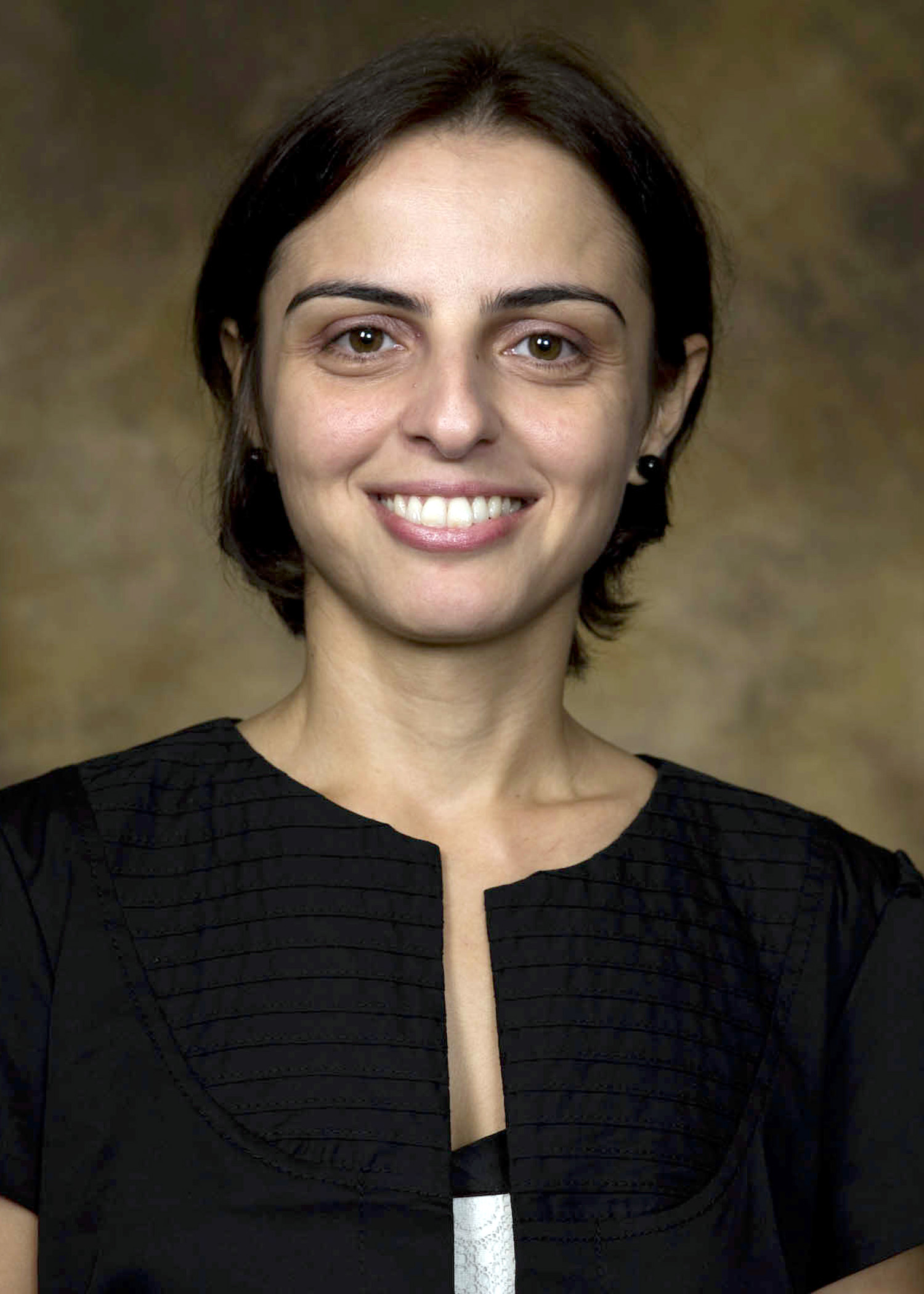
FAYETTEVILLE, Ark. – International faculty members are significantly more productive in research but less engaged in teaching and service roles than their citizen faculty colleagues at research universities in the United States, according to University of Arkansas researcher Kate Mamiseishvili.
“The whole point of international education is to bring diverse voices to the classroom. Institutions may not be fully utilizing international faculty members’ skills and experiences. International faculty can make unique contributions to teaching and service as well as to research. Higher education institutions will be well served by encouraging and supporting their involvement in all aspects of academic life,” said Mamiseishvili, an assistant professor of higher education.
Limited previous research has focused on the work life issues of foreign-born faculty. A quantitative study by Mamiseishvili and colleague Vicki Rosser of the University of Nevada, Las Vegas, provides a more comprehensive examination of their work roles at U.S. research universities.
Their research showed that, even after controlling for the differences across disciplines, international faculty were more productive in research than citizen faculty when measured by numbers of publications and presentations. International faculty were more involved in graduate teaching than undergraduate teaching, but were still less productive in teaching at both levels than citizen faculty. In service, international faculty were significantly less involved than citizen faculty, especially in the area of administrative committee work.
“The study demonstrates that international faculty members play a significant role in the excellence and scope of American universities, particularly in the area of research,” they wrote. “At the same time, there is some evidence to suggest that there are areas in which international faculty might need more institutional support to fully utilize their expertise as a resource that benefits the university and students.”
For example, Mamiseishvili said more opportunities to be involved with undergraduate students would insure that international faculty bring diverse perspectives to the classrooms, serve as role models to the growing number of international students and derive personal satisfaction from the work they do.
Additionally, Mamiseishvili and Rosser suggest certain barriers might be influencing the preferences and interests of international faculty toward research relative to teaching or service.
“We suspect that international faculty members’ lack of involvement in teaching and service might to some extent be attributed to the stereotypes and perceptions about their communication skills, teaching effectiveness, language proficiency, and ability to interact with students and colleagues,” they wrote.
Mamiseishvili and Rosser’s research used data from the 2004 National Study of Postsecondary Faculty Survey. Their sample consisted of 820 international faculty members from research universities and a matching control group of the equal number of citizen faculty members.
Their article, “International and Citizen Faculty in the United States: An Examination of their Productivity at Research Universities,” was published in the journal Research in Higher Education.
Mamiseishvili is an assistant professor in the College of Education and Health Professions at the University of Arkansas. Rosser is an associate professor of higher education at the University of Nevada, Las Vegas.
Topics
Contacts
Kate Mamiseishvili, assistant professor of higher education
College of Education and Health Professions
479-575-3781, kmamisei@uark.edu
Lana Hazel, communications intern
University of Arkansas
479-575-5555, lhazel@uark.edu
Barbara Jaquish, science and research communications officer
University Relations
479-575-2683,
jaquish@uark.edu